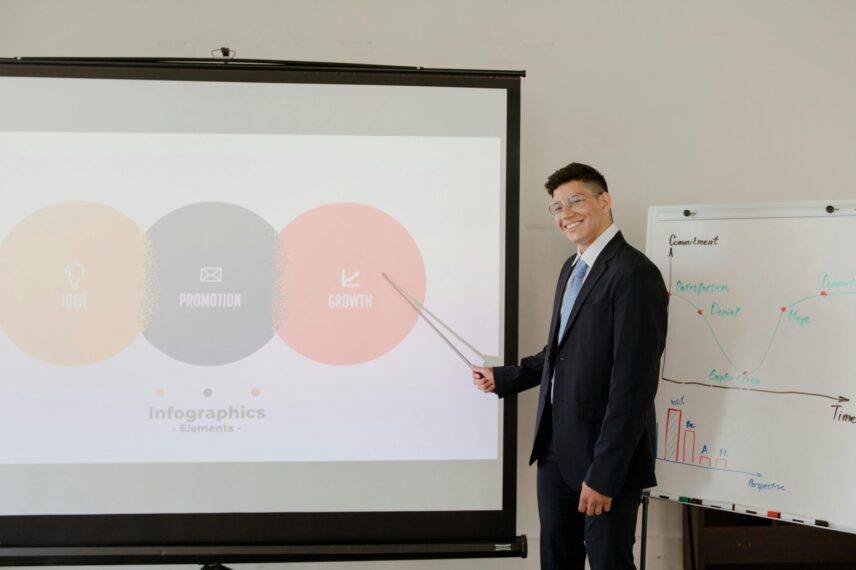Essential Skills for Personal and Professional Growth

In today’s fast-paced world, excelling in various skills is crucial for both personal and professional success. Here are some key abilities that can make a significant impact:
Communication
The ability to convey information clearly and effectively is paramount. Whether it’s verbal or written, strong communication skills ensure that your message is understood and well-received. This includes active listening, clarity of speech, and the ability to articulate ideas concisely. Effective communication fosters better relationships, reduces misunderstandings, and enhances teamwork. It’s not just about speaking or writing well, but also about understanding and interpreting the messages from others.
Teamwork
Working harmoniously with colleagues to achieve common goals is essential in any collaborative environment. Teamwork involves effective collaboration, mutual respect, and a willingness to contribute to the group’s success. It helps in building a cohesive and productive team. Good teamwork requires trust, adaptability, and the ability to resolve conflicts constructively. When everyone in a team works well together, the collective energy and creativity lead to more successful outcomes.
Problem-Solving
Being able to identify issues, evaluate alternatives, and implement practical solutions is a valuable skill. Problem-solving requires analytical thinking, creativity, and persistence to navigate challenges and find effective resolutions. It involves understanding the root causes of problems, brainstorming potential solutions, and making informed decisions. Strong problem-solving skills can lead to innovative solutions, increased efficiency, and the ability to overcome obstacles effectively.
Adaptability
In a constantly changing world, remaining flexible and open-minded is crucial. Adaptability allows you to adjust to new situations, embrace change, and overcome unexpected challenges. It involves a positive attitude and a willingness to learn and grow. Being adaptable means you can handle multiple tasks, shift priorities as needed, and stay productive even in uncertain conditions. It’s a skill that helps you thrive in dynamic environments and seize new opportunities.
Leadership
Inspiring and guiding others to succeed is a key aspect of leadership. Whether in formal leadership roles or as informal influencers, effective leaders motivate, support, and empower their team members. Leadership involves vision, empathy, and the ability to make decisions confidently. Great leaders are also good communicators, problem-solvers, and role models who lead by example. They create a positive environment that encourages growth, innovation, and collaboration.
Time Management
Efficiently managing time and prioritising tasks is vital for maximising productivity and meeting deadlines. Time management involves setting goals, planning, and organising tasks to ensure that you make the best use of your time and resources. It includes avoiding procrastination, minimising distractions, and delegating tasks when necessary. Good time management can reduce stress, improve work-life balance, and help you achieve your goals more effectively.
Critical Thinking
Analysing information objectively, evaluating arguments, and making informed decisions are at the heart of critical thinking. This skill enables you to think logically, assess evidence, and draw reasoned conclusions. It is essential for problem-solving and decision-making. Critical thinking helps you to challenge assumptions, recognise biases, and explore alternative perspectives. By developing this skill, you can make more informed choices and contribute to more effective solutions.
Creativity
Thinking innovatively to generate new ideas, approaches, and solutions is a valuable asset. Creativity involves curiosity, imagination, and the willingness to take risks. It helps in finding unique solutions and driving innovation. Embracing creativity allows you to think outside the box, adapt to changes, and explore new possibilities. It can enhance your problem-solving abilities, make your work more engaging, and lead to breakthroughs in various fields.
Empathy
Understanding and empathising with the perspectives, emotions, and needs of others is crucial for building strong relationships. Empathy involves active listening, emotional intelligence, and the ability to connect with others on a deeper level. It fosters better communication, reduces conflicts, and creates a more supportive and inclusive environment. By being empathetic, you can build trust, improve collaboration, and create positive interactions with others.





Comments